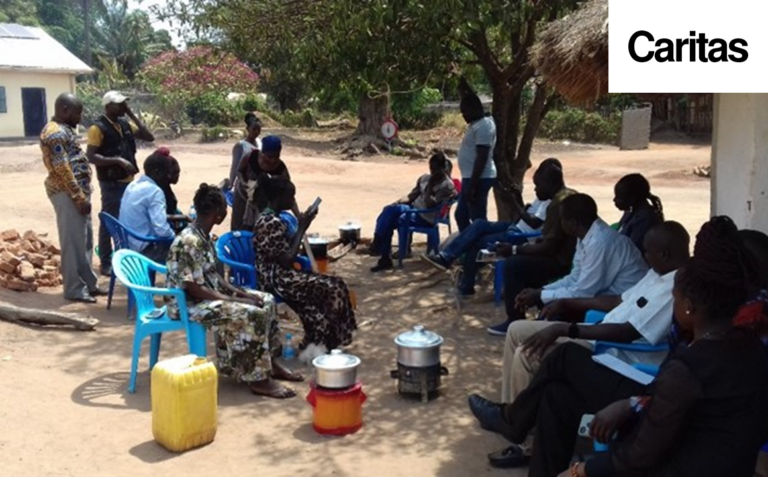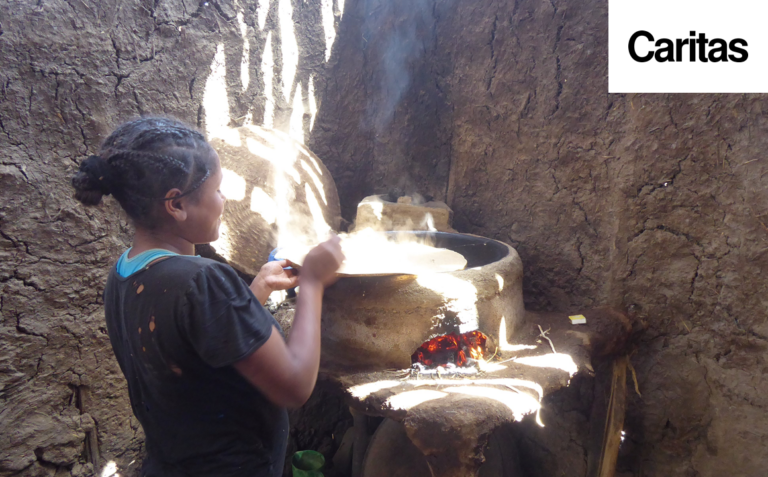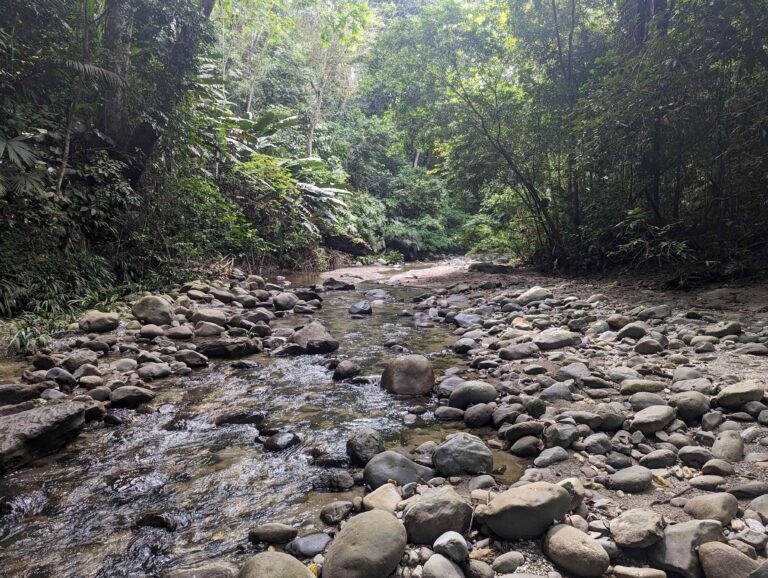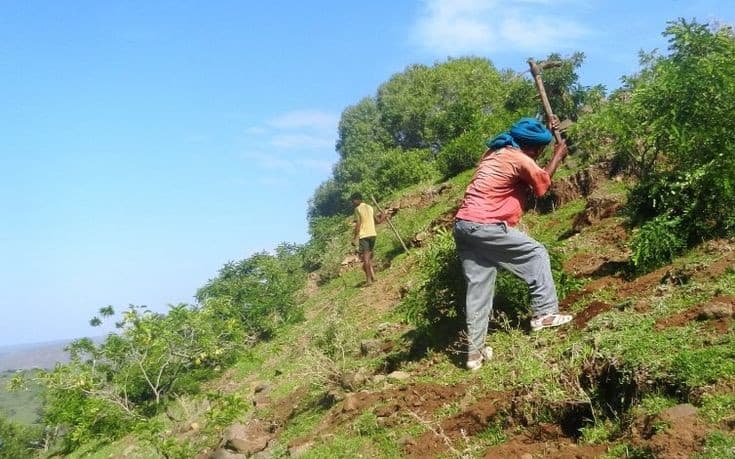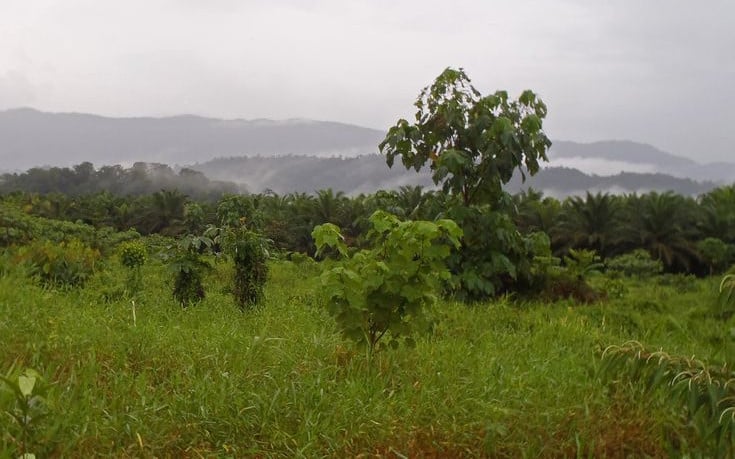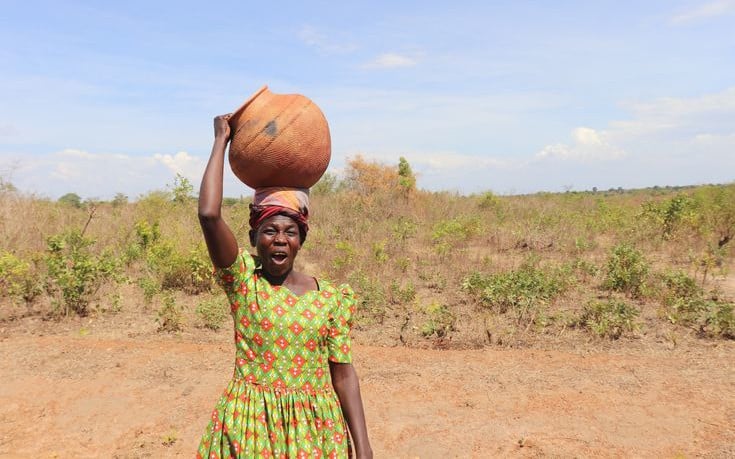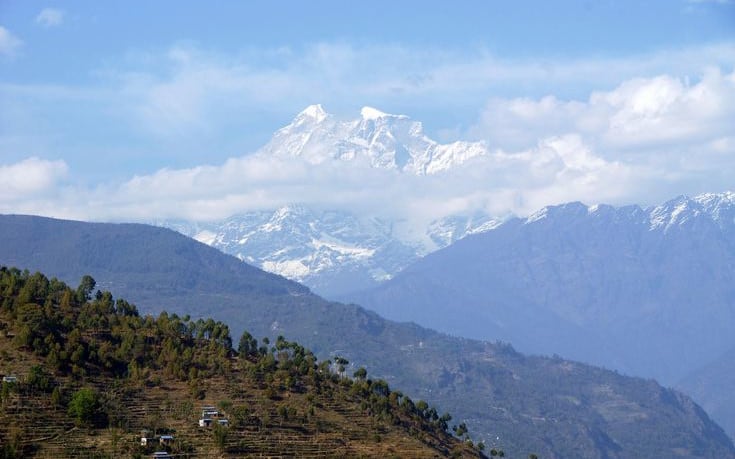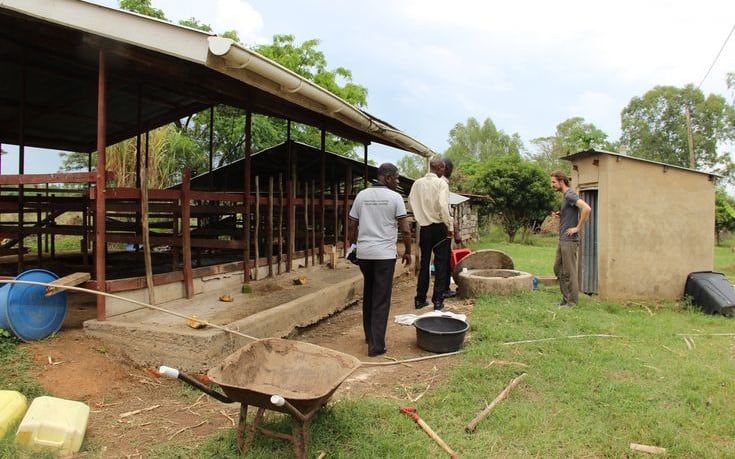Klimaschutzprojekt in Äthiopien: Kompostierung
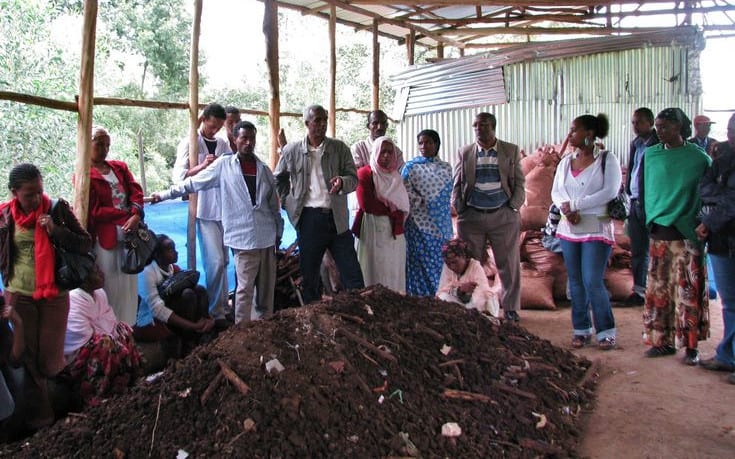
CO2-Einsparung durch Kompostierung von organischem Abfall
Unbehandelte Abfälle durch mangelndes Mülltrennen, geringe Recyclingbemühungen und unzureichende Deponierung stellen eine große Belastung der Umwelt und der lokalen Bevölkerung dar. Ziel dieses BOKU-Klimaschutzprojektes in Addis Abeba ist es deshalb, pro Jahr rund 8.000 Tonnen organischen Abfall in nährstoffreichen Kompost zu verwandeln und damit jährlich etwa 200 Tonnen CO2 einzusparen.
Einbindung lokaler Partner als wichtiger Erfolgsfaktor
Haushalte, Abfallsammler*innen und andere lokale Stakeholder werden geschult, wie sie den Abfall in organisches und anderes Material trennen und richtig sammeln können. In einer im Rahmen des Projektes in Betrieb genommenen Kompostierungsanlage wird der gesammelte organische Abfall verarbeitet. Ausgebildete lokale Arbeitskräfte lernen, wie sie den Kompostierungsprozess steuern und überwachen können, um eine gute Qualität des Komposts zu gewährleisten. Der gewonnene Kompost wird in Folge als hochwertiges und regionales Düngemittel verkauft und bietet den beteiligten lokalen Akteur*innen ein zusätzliches Einkommen und sichere Arbeitsbedingungen.
Einsatz für Chancengleichheit
Durch die starke Einbindung von alleinstehenden Frauen trägt das Projekt auch zum sozialen Empowerment vor Ort bei. Dieses Pilotprojekt soll ein Startschuss für weitere dezentrale Kompostierungsprojekte in Äthiopien sein. Nicht zuletzt durch den Schaugarten soll ein Netzwerk für Wissens- und Erfahrungsaustausch geschaffen werden, um dezentrales und CO2-armes Abfallmanagement in Äthiopien zu etablieren. So kann neben der Bindung von CO2 und der Verbesserung der Bodenqualität auch auf die generelle Ernährungssituation eingewirkt werden.

